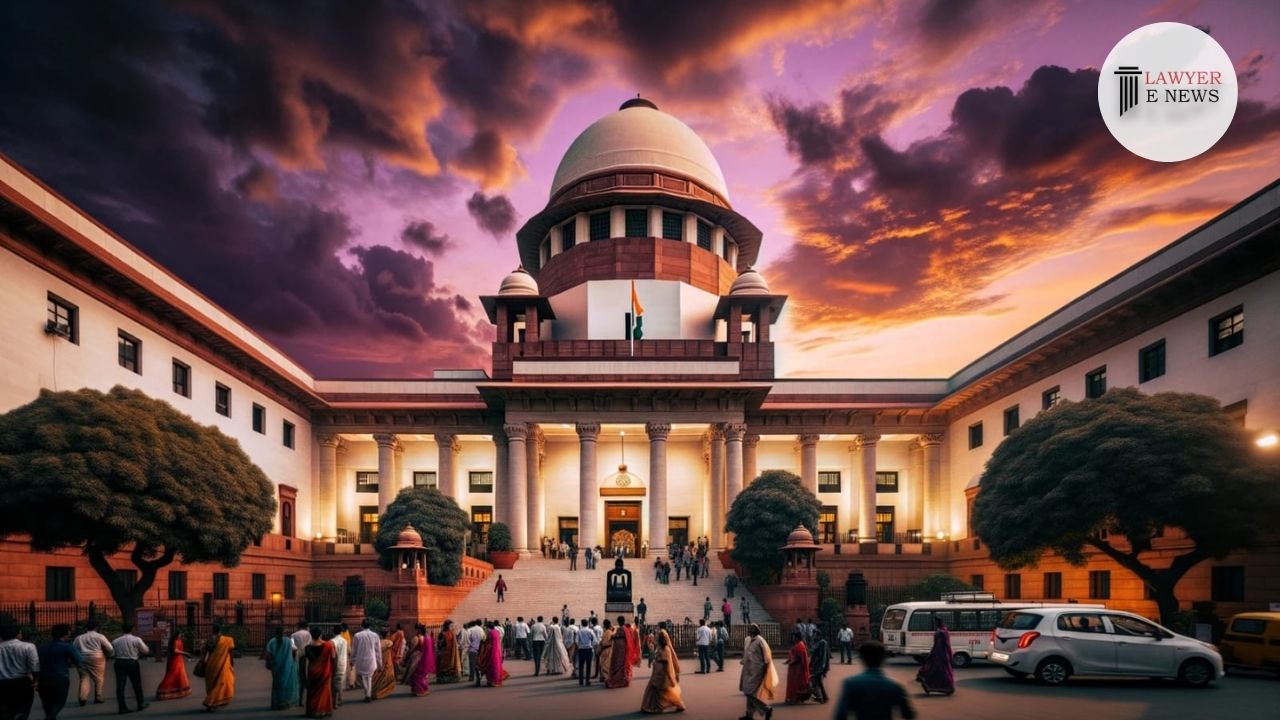-
by Admin
16 February 2026 1:47 PM



In a significant judgment, the Supreme Court of India has dismissed an appeal and upheld the conviction of an accused in a murder case. The court relied on a strong chain of circumstances to establish the guilt of the appellant in the murder of his two children. The decision, delivered by Justices Dinesh Maheshwari and Sudhanshu Dhulia, highlights the importance of circumstantial evidence and the burden of proof in criminal cases.
The appellant was charged with the murder of his children, whose bodies were found in a canal. Autopsy reports revealed that the cause of death was manual strangulation, indicating a homicide rather than accidental drowning. The prosecution presented a chain of circumstances, including the appellant being the last person seen with the children and his attempts to create a false narrative of accidental drowning.
The court observed, "The chain of circumstances against the appellant being complete and strong, learned counsel for the appellant has endeavoured to make out a case of alleged unsoundness of mind of the accused-appellant and has developed a few contentions in that regard." However, the court found no evidence to support the plea of mental incapacity, as the appellant was not medically treated for any mental illness and there were no suggestions made during the trial regarding his mental state.
The bench further noted, "In the given set of facts and circumstances, we are not dilating on the other decisions cited by the learned counsel for the appellant for being not relevant for the present purpose. Fact of the matter in the present case remains that there is nothing on record to show that the appellant was a person of unsound mind, whether at the time of commission of crimes or during the course of trial."
Regarding the argument of intoxication, the court stated that there was no evidence to suggest that the appellant committed the offenses in a state of intoxication, and his actions indicated premeditation and intention. Thus, the plea to alter the conviction from murder to culpable homicide not amounting to murder under Section 304 IPC was rejected.
The court upheld the concurrent findings of the Trial Court and the High Court, emphasizing that the prosecution successfully established a cogent and convincing chain of circumstances leading to the conclusion of the appellant's guilt. The appellant's plea of mental incapacity and the alleged lack of motive were deemed baseless, and the appeal was subsequently dismissed.
Date of Decision : January 02, 2023
PREM SINGH vs STATE OF NCT OF DELHI
